Jan 2, 2025
Exploring Moral Dilemmas Through Philosophy
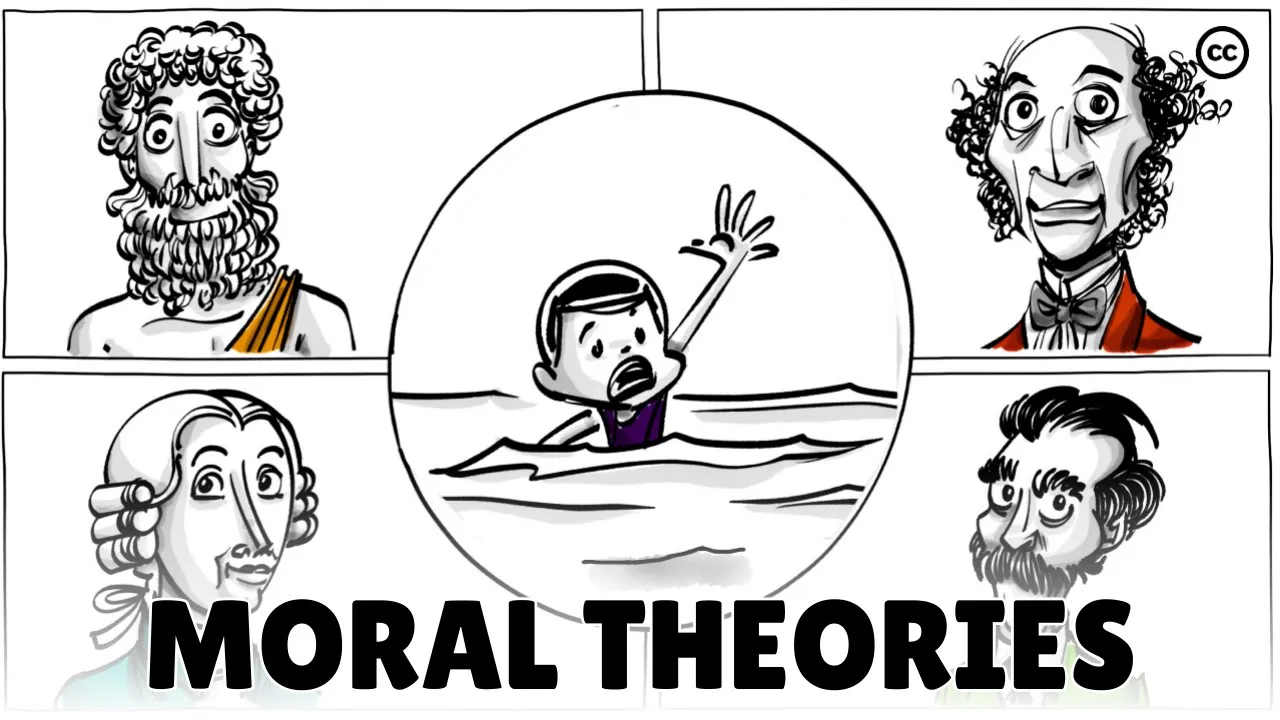
Introduction
Imagine a boy born into a family of simple tailors in sub-Saharan Africa. Yearning for a better life, he leaves home, builds a raft, and sets out for Europe. But soon, he finds himself alone and hungry in the Mediterranean Sea. You live on the coast of Southern Europe and read about his plight. Should you attempt to save him? This scenario opens the door to exploring moral questions through the lenses of four influential philosophers: Aristotle, John Stuart Mill, Immanuel Kant, and Friedrich Nietzsche.
Virtue theorists
Virtue theorists, like Aristotle, ask us how to live a good life. For Aristotle, the best life is one that demonstrates excellence in virtuous character. This includes emotional capacity, theoretical ideas, and practical wisdom. If helping the boy reflects a virtuous personality, Aristotle would argue that you should save him. However, what "virtuous" means can differ from person to person. For instance, if you are wealthy, rescuing the boy might be easy, but it doesn’t reveal much about your character. Conversely, if you have limited means and still attempt to save him, that action reflects true virtue.
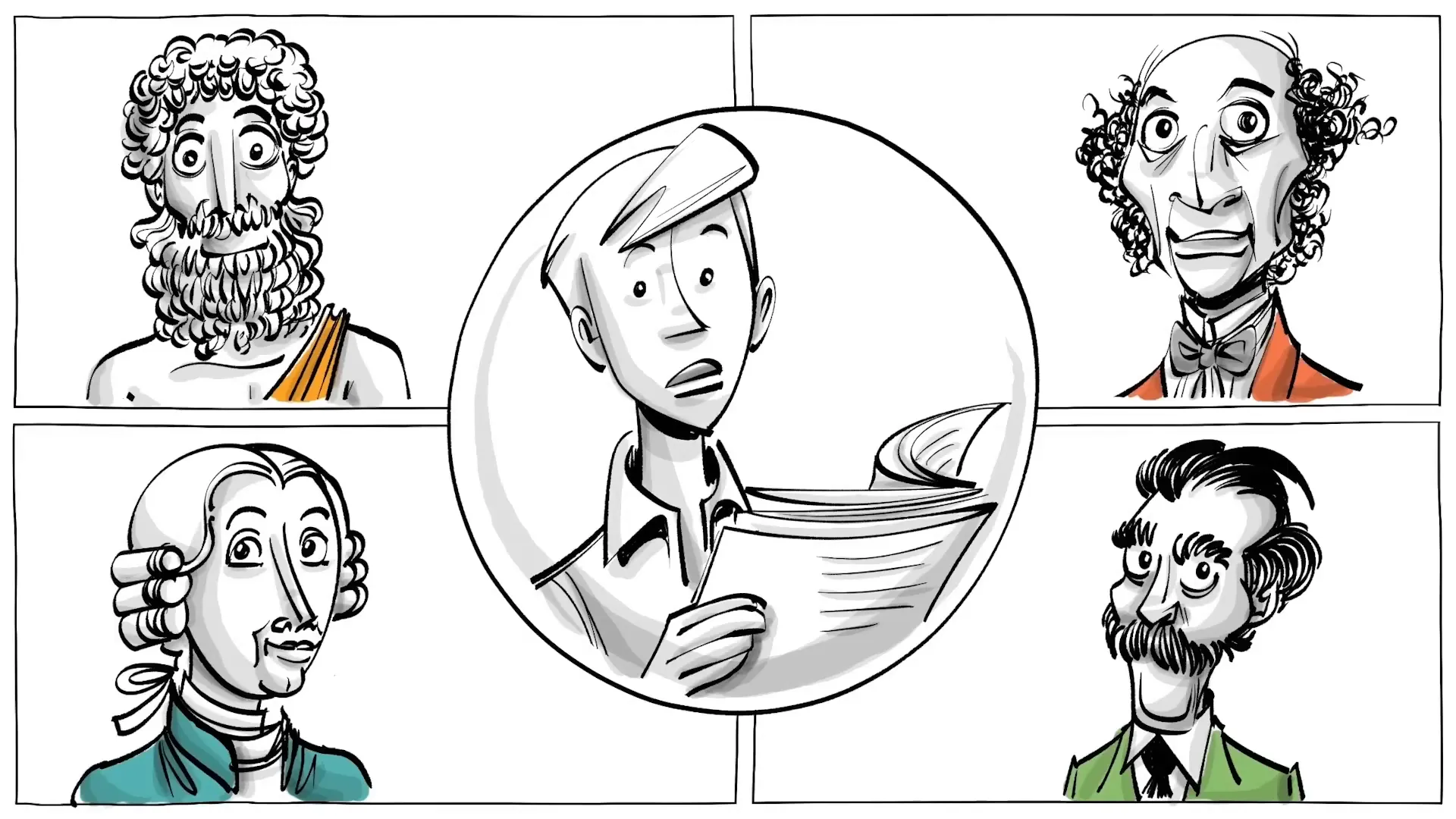
Utilitarians
Utilitarians, such as John Stuart Mill, focus on maximizing well-being for the greatest number of people. When considering whether to save the boy, you should weigh all the happiness that saving him would bring against the opportunity costs of your actions. For instance, rather than risking your life, you could work a day in a coffee shop and donate your earnings to save two starving children elsewhere. This perspective, often referred to as effective altruism, suggests that your decision might lean towards not saving the boy if it results in a higher total well-being.
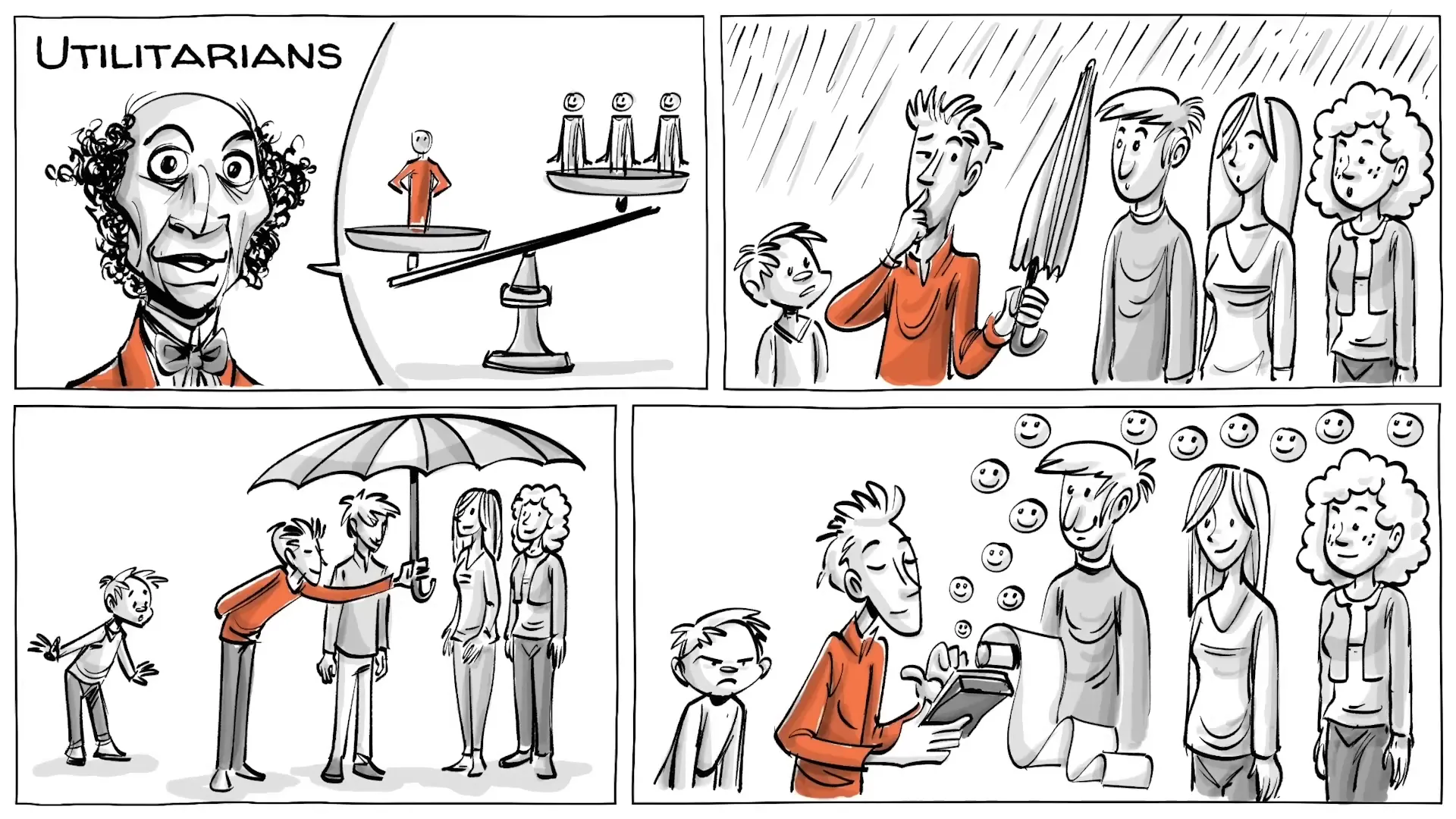
Deontologist
Deontologists like Immanuel Kant emphasize intent over consequences. They uphold universal moral laws such as “Don’t lie” and “Don’t steal.” According to Kant, an action is morally right if it can be universalized. If you save the boy merely to enhance your reputation, your intention is flawed. However, if your motivation is rooted in the belief that helping those in need is inherently right, then you should act on that. Even if the boy might take advantage of your kindness, your moral duty remains intact.
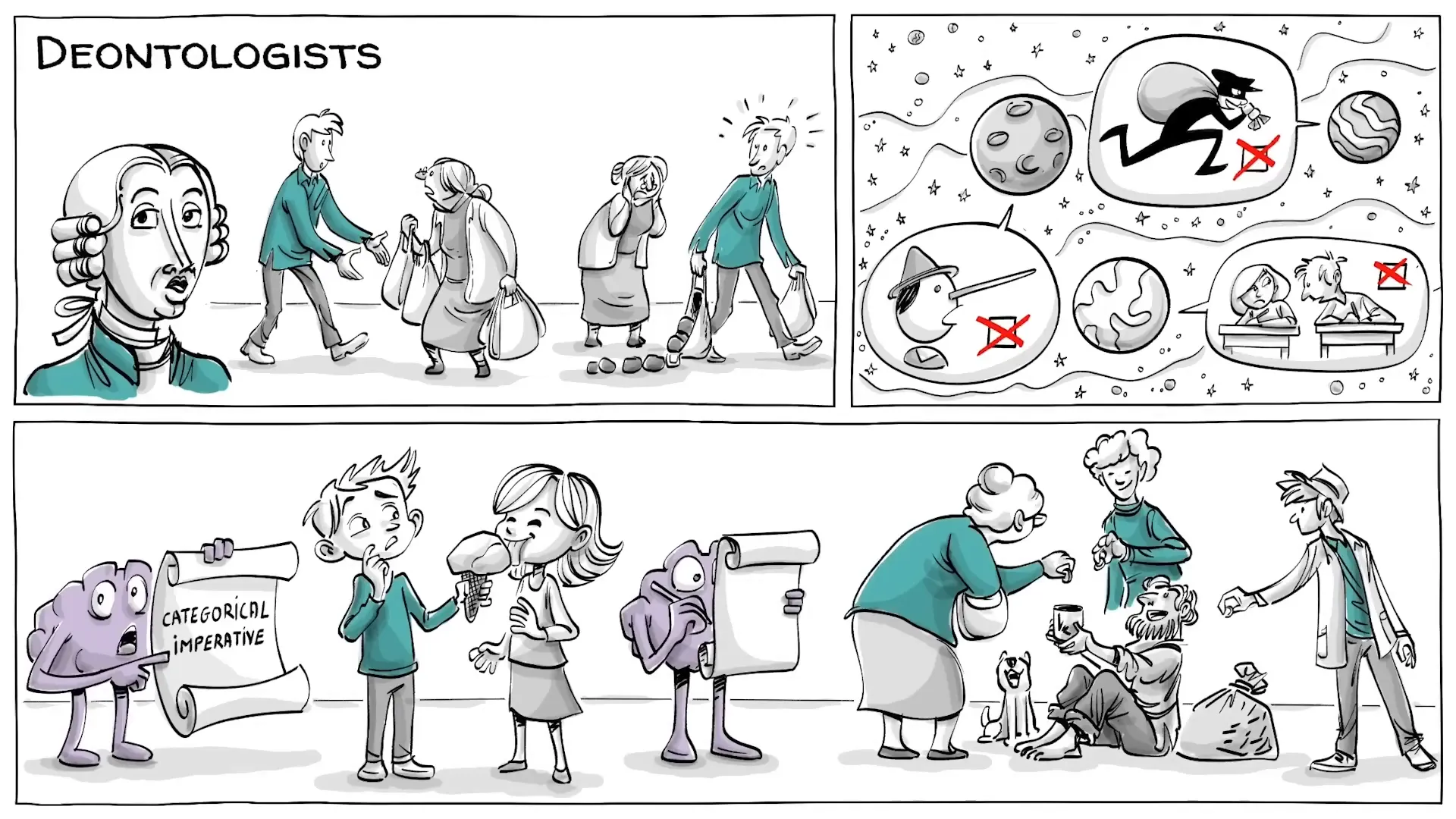
Nietzsche
Friedrich Nietzsche takes a different approach by asking what serves your self-interest. He argues that self-interested behavior is morally right because it strengthens both the individual and society. If saving the boy aligns with your interests, then you should do it. However, if it poses a risk to you, then it’s not your responsibility to save those who cannot help themselves. Nietzsche’s philosophy challenges us to consider our motivations and the implications of our actions.

Koppel's observation
Scholar Moshe Koppel provides an intriguing observation regarding the interaction between Utilitarians and Kantians. He notes that both groups often appeal to feelings rather than strictly adhering to their moral principles when critiquing each other. Kantians might argue that a world where children die because someone chose not to save them feels wrong. On the other hand, Utilitarians could counter that saving a harmful individual, like a psychopath, just because it’s a principle feels equally wrong. This highlights the complexity of moral decision-making.
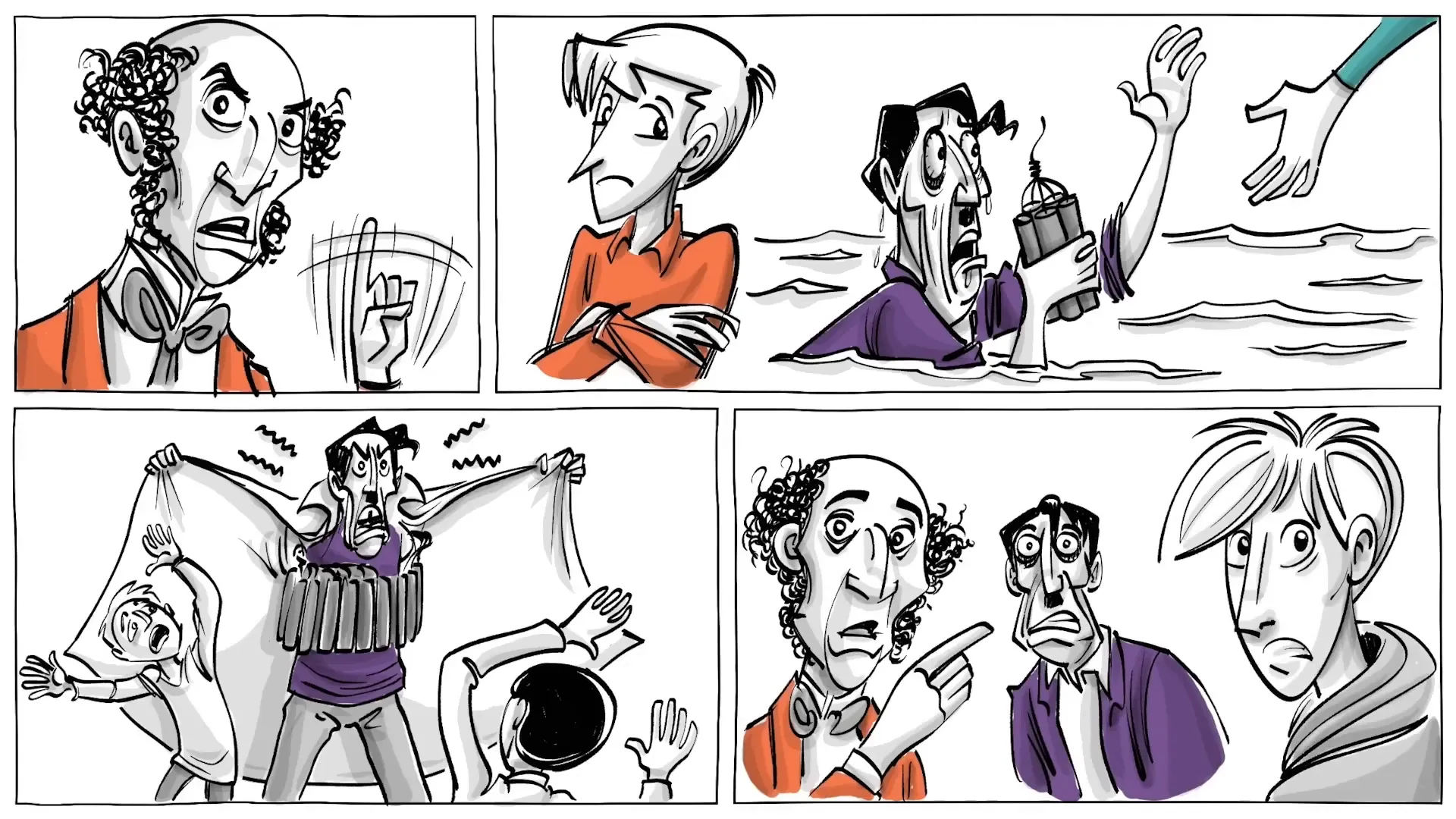
What would you do?
So, what do you think? Did any of these perspectives help with your decision about saving the boy? Is your choice rooted in the character you aspire to be, a cost-benefit analysis, societal norms, self-interest, or simply what feels right? Each philosophical framework offers a unique lens through which to evaluate moral dilemmas, reminding us that ethics is often not black and white.
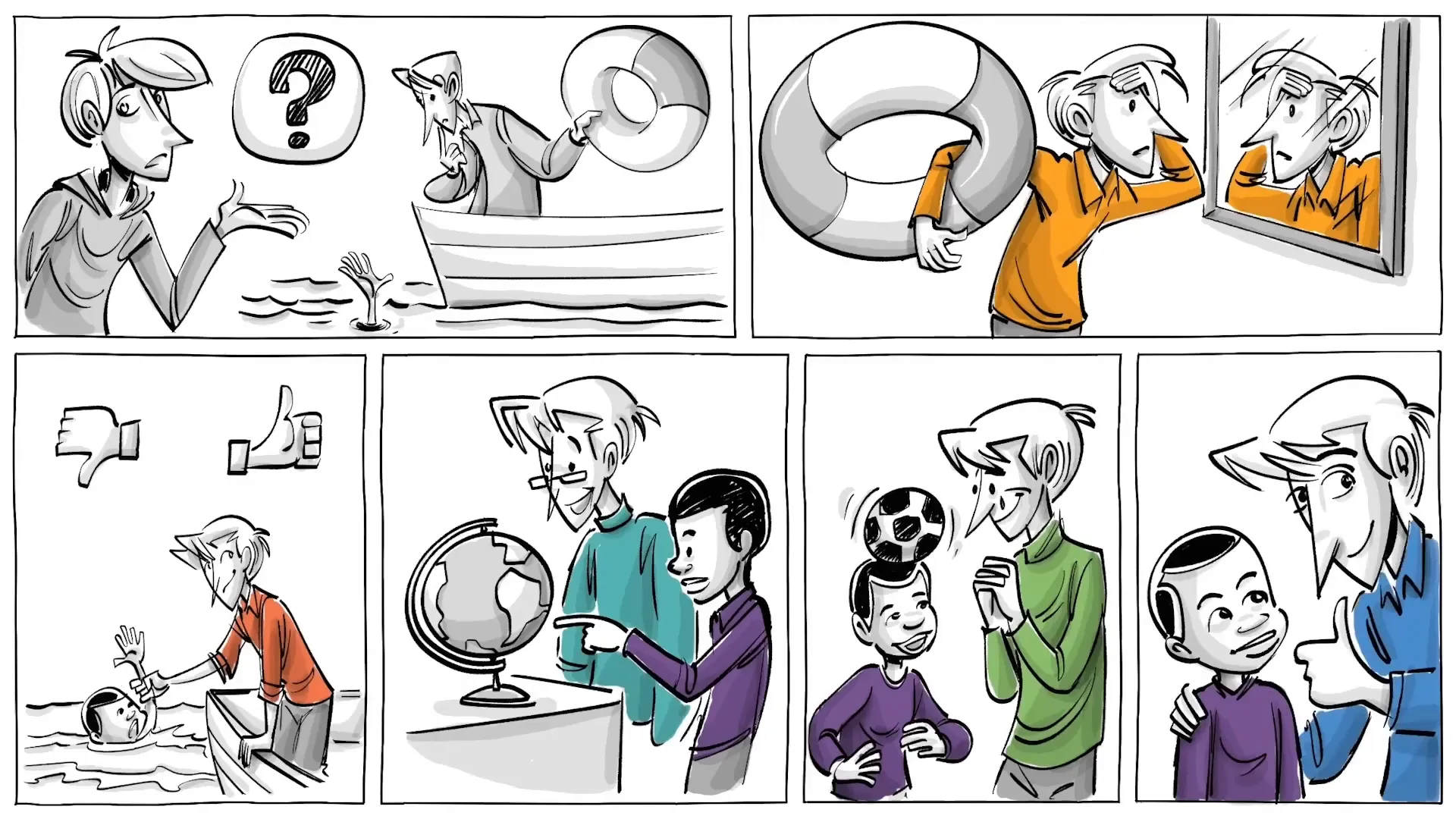
Conclusion
Exploring moral dilemmas through the theories of Aristotle, Mill, Kant, and Nietzsche reveals the rich tapestry of ethical thought. Each philosopher provides valuable insights into the motivations behind our actions and the implications of our choices. As we navigate complex moral landscapes, we can draw upon these frameworks to make informed decisions that reflect our values and virtues.
This article was created from the video Would You Save A Boy From Drowning? with the help of AI. It was reviewed and edited by a human.



